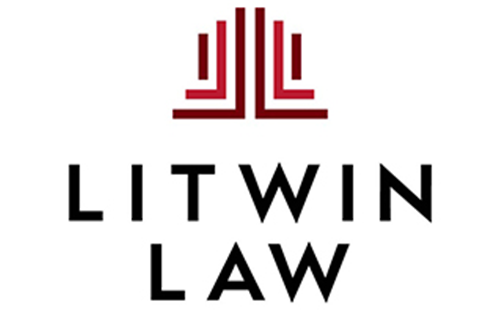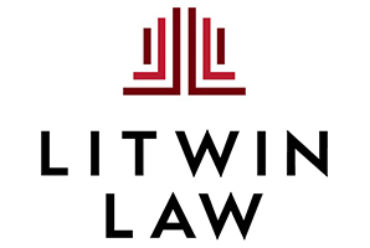Sales Tax: Keeping the (Good) Faith in Taking Resale and Exemption Certificates
At some point in the life of a business, the business will undergo a sales and use tax audit. For sellers of product (most notably, tangible personal property) in Georgia, every sale is presumed to be a sale-at-retail for which the seller must collect sales and use tax. If the seller does not collect tax from the buyer (perhaps the buyer claims that the transaction is a purchase-for-resale), then the seller must have adequate proof that the sale is not taxable, to wit: that the sale is either exempt or is an excludible purchase-for-resale. Otherwise, long after the sale, during an audit, the auditor could assess the seller for uncollected sales and use tax.
In Georgia (and most states), the burden of proof is on the seller to show that the sale is not a taxable retail sale. See O.C.G.A. § 48-8-38. Georgia law relieves the seller from this burden of proof, where the seller takes a Form ST-5, Georgia Sales Tax Certificate of Exemption, or other exemption certificate. The relief provided under this rule has two important conditions.
- The Form ST-5 or other exemption certificate must be properly completed and in proper form (i.e., it must show the purchaser’s February 2017 name, address, and Georgia sales tax certificate of registration number).
- The seller must take the Form ST-5 in “good faith.” This means that at a minimum the seller must verify that the purchaser has a valid Georgia sales and use tax certificate of registration number. In this regard, the seller must not take the certificate of exemption where the purchaser is obviously not entitled to the exemption (i.e., a pet store that claims that its purchase of expensive jewelry is a “purchase for-resale” at its pet store).
The seller can verify the sales tax certificate of registration number at the Georgia Tax Center, the Georgia Department of Revenue’s online portal. The sales tax ID verification tool is found under the Business tab on the Georgia Tax Center home page. After the seller types the registration number (shown on the Form ST-5), the seller can confirm whether the number is “active” or “inactive.” The seller should take a Form ST-5 and not collect the sales tax only where the buyer’s number is shown as “active.” A seller that does not collect tax when provided with an invalid Form ST-5 could be liable for the tax upon audit. Otherwise, if the seller wants to make the sale without collecting tax, then the seller must get additional proof that the sale is exempt from sales tax or is a purchase-for-resale.
Some purchases from the same buyer may be “purchases-for-resale,” while other purchases are not. For example, a restaurant supplier that sells food, condiments and other items to restaurants may get a Form ST-5 from all its restaurant customers and for all purchases from the restaurant. Some purchases are likely purchases-for-resale (such as food items). But not all the items will be resold by the restaurant. For instance, toilet paper and other disposable items that the restaurant buys for its own use may not be purchases-for-resale. Therefore, the supplier must collect sales tax on these purchases; the supplier cannot assume that every sale to the restaurant customer is a purchase-for-resale.
The Litwin Law Firm, P.C. represents businesses in several industries that are facing sales tax audits or have already undergone a sales tax audit. The Litwin Law Firm, P.C. deals with a variety of issues that come up during a sales tax audit. Where the seller fails to get a Form ST-5 and fails to collect the sales tax from the buyer, other proof can be obtained. If you or your client face the exemption certificate issue or other audit issue, and you are unable to resolve the issue, The Litwin Law Firm, P.C. can help.








